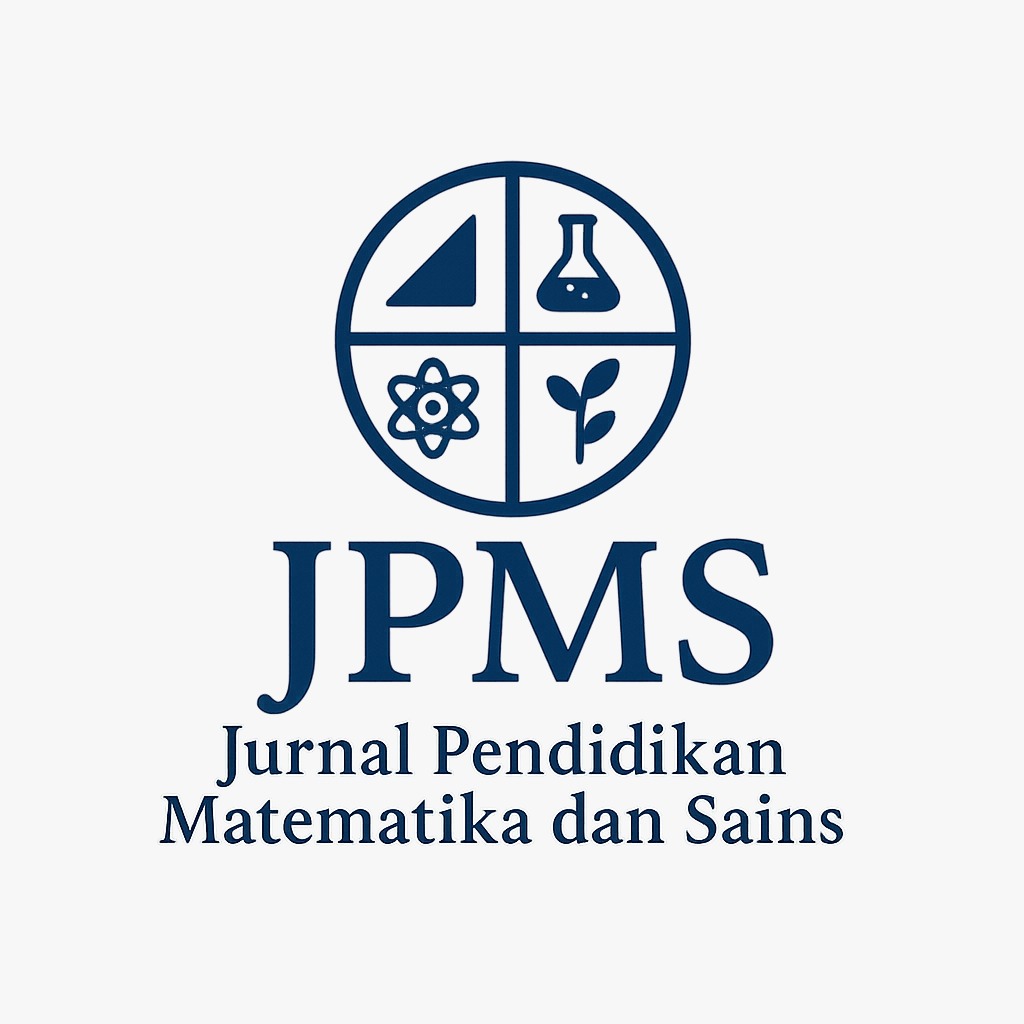Keefektifan Model Brain Based Learning Terintegrasi Kearifan Lokal untuk Meningkatkan Hasil Belajar Kognitif dan Motivasi Peserta Didik Pada Topik Usaha Energi
DOI:
https://doi.org/10.21831/jpms.v11i2.67902Keywords:
brain based learning, physics, local wisdom, cognitive learning outcomes, learning motivationAbstract
References
Abidin, A. M. (2019). Kreativitas Guru Menggunakan Model Pembelajaran dalam Meningkatkan Hasil Belajar Siswa. Didaktika: Jurnal Kependidikan, 11(2), 225–238. https://doi.org/10.30863/didaktika.v11i2.168
Arikunto, S. (2006). Metodologi Penelitian. Bina Aksara.
Etikamurni, D. P., Istyowati, A., & Ayu, H. D. (2023). Upaya Peningkatan Motivasi Belajar Fisika Melalui Discovery Learning-Berdiferensiasi di Era Kurikulum Merdeka. Jurnal Terapan Sains & Teknologi Rainstek, 5(2), 180–189. https://doi.org/https://doi.org/10.21067/jtst.v5i2.8904
Hake, R. R. (2002). Relationship of individual student normalized learning gains in mechanics with gender, high-school physics, and pretest scores on Mathematics and Spatial Visualization. Physics Education Research Conference, 8(August 2002).
Hardianti, T. (2018). Analisis Kemampuan Peserta Didik pada Ranah Kognitif dalam Pembelajaran Fisika SMA. Jurnal Seminar Nasional Quantum, 25.
Nisa, P. A., Suratman, E., & Maulid, R. (2022). Hubungan Antara Motivasi Belajar Dengan Hasil Belajar Kognitif Siswa Pada Materi Gerak Parabola. GRAVITASI : Jurnal Pendidikan Fisika Dan Sains, 5(2). https://doi.org/10.33059/gravitasi.jpfs.v5i02.5880
Saleh, S. (2012). The effectiveness of Brain-Based Teaching Approach in dealing with the problems of students' conceptual understanding and learning motivation towards physics. Educational Studies, 38(1), 19–29. https://doi.org/10.1080/03055698.2011.570004
Sari, N., Sunarno, W., & Sarwanto, S. (2018). Analisis motivasi belajar siswa dalam pembelajaran fisika sekolah menengah atas. Jurnal Pendidikan Dan Kebudayaan, 3(1), 17–32.
Selvia, D. (2021). Motivasi Belajar Siswa dalam Pembelajaran Fisika. SPEJ (Science and Physic Education Journal), 4(2), 47–55. https://doi.org/10.31539/spej.v4i2.1899
Setiyaningsih, S. (2020). Hubungan Variasi Mengajar Guru dan Motivasi Belajar Siswa dengan Hasil Belajar Matematika. Joyful Learning Journal, 9(2). https://doi.org/10.15294/jlj.v9i2.39313
Silvana, H., & Wibisono, A. (2016). Penerapan Model Brain Based Learning dalam Pembelajaran di SMAN 10 Bandung. ETHOS (Jurnal Penelitian Dan Pengabdian). https://doi.org/10.29313/ethos.v0i0.1976
Suttrisno, S., Riyanto, Y., & Subroto, W. T. (2020). Pengaruh Model Value Clarification Technique (Vct) Berbasis Kearifan Lokal Terhadap Motivasi Belajar Dan Hasil Belajar Siswa. NATURALISTIC : Jurnal Kajian Penelitian Pendidikan Dan Pembelajaran, 5(1). https://doi.org/10.35568/naturalistic.v5i1.836
Uzezi, J., & Jonah, K. (2017). Effectiveness of Brain-based Learning Strategy on Students' Academic Achievement, Attitude, Motivation and Knowledge Retention in Electrochemistry. Journal of Education, Society and Behavioural Science, 21(3). https://doi.org/10.9734/jesbs/2017/34266
Widiyoko, E. P. (2014). Penilaian Hasil Pembelajaran di Sekolah. Yogyakarta: Pustaka Pelajar.
Yanto, H., & Putra, A. (2020). Analisis hasil belajar fisika siswa ditinjau dari persepsinya terhadap pembelajaran pada materi hukum newton tentang gerak di kelas X SMA di kota Padang. Pillar of Physics Education, 13(1). https://doi.org/http://dx.doi.org/10.24036/8014171074
Downloads
Published
How to Cite
Issue
Section
Citation Check
License
Jurnal Pendidikan Matematika dan Sains allows readers to read, download, copy, distribute, print, search, or link to its articles' full texts and allows readers to use them for any other lawful purpose. The journal allows the author(s) to hold the copyright without restrictions. Finally, the journal allows the author(s) to retain publishing rights without restrictions
- Authors are allowed to archive their submitted article in an open access repository
- Authors are allowed to archive the final published article in an open access repository with an acknowledgment of its initial publication in this journal

This work is licensed under a Creative Commons Attribution-ShareAlike 4.0 Generic License.





